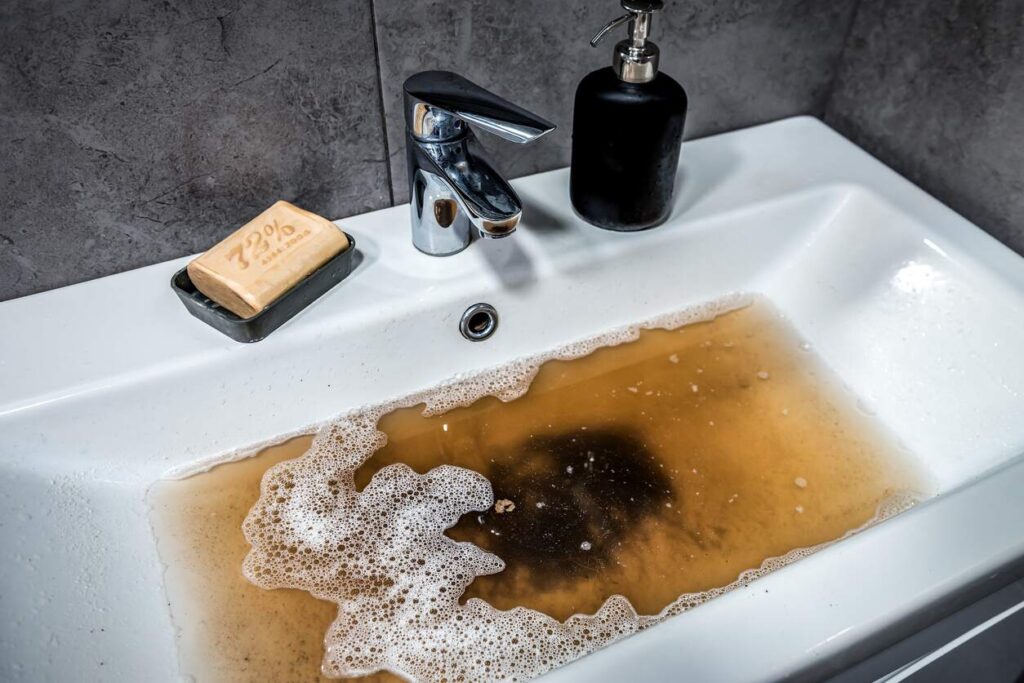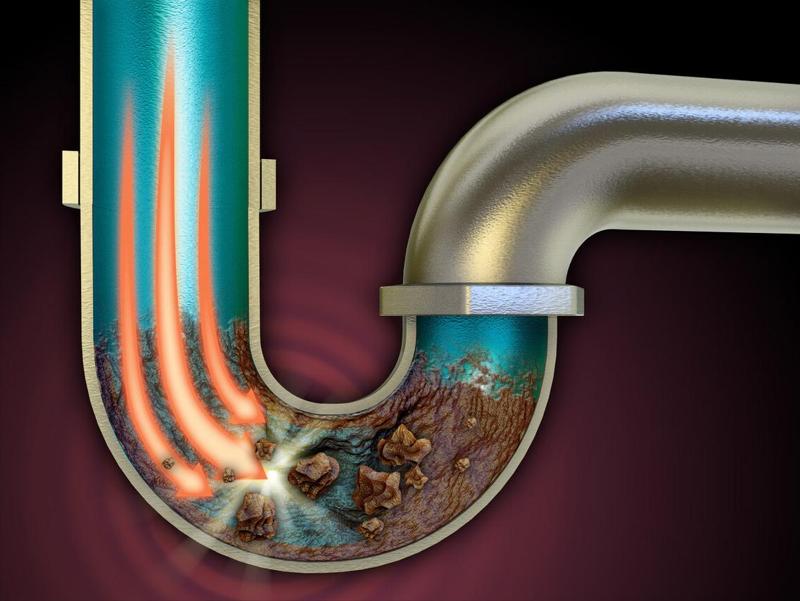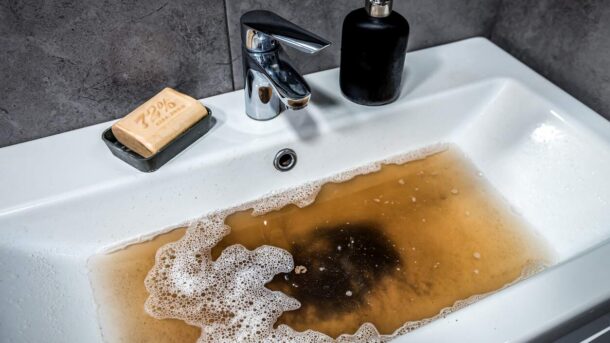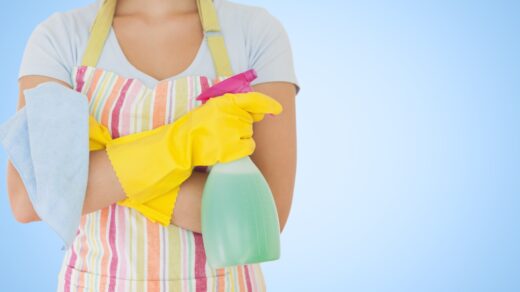How can we clear a clogged drain in 10 Minutes or Less?
The kitchen is like a battlefield, and the bathroom is like a ruin. This is not unfamiliar to many families.
For instance, water and oil from washing vegetables often clog the sewer, causing sewage to overflow everywhere. Similarly, hair from showers and baths blocks drains, creating an even messier situation that’s frustrating to clean.
At first glance, kitchen and bathroom pipes might seem unimportant—until they’re clogged. That’s when you realize how essential they are to daily life.
But beyond the inconvenience, clogged pipes create another major headache: foul odors that linger throughout your home.
Chapter 1: Where Do Drains Clog Most Often?
1. Kitchen Sink Blockages
Grease, food scraps, and oil buildup are the main culprits. Small pipes + poor habits (like pouring grease down the drain) = guaranteed clogs over time.

2. Bathroom Drain Clogs
Hair, soap scum, and cosmetics mix into a sticky sludge that blocks water flow. Shower drains suffer the most!

3. Root Causes
- Poor pipe design (narrow/angled incorrectly)
- Lack of maintenance
- Flushing non-degradable items (e.g., wipes, coffee grounds)
Chapter 2: Why Hot Water Is a Bad Idea
❌ Myth: Boiling water dissolves clogs.
Truth:
- Temporary fix at best—grease hardens again downstream.
- Damages pipes: PVC warps; metal pipes corrode.
- Risk of burns/scalding.
Chapter 3: 4 Safe & Effective Solutions
1. Warm Water + Dish Soap (Best for grease)
- Mix 1 cup warm water + 3 tbsp dish soap. Pour slowly; let sit 15 mins. Flush with hot (not boiling) water.
2. Baking Soda + Vinegar (Natural deodorizer)
- Pour ½ cup baking soda, then ½ cup vinegar. Cover drain for 10 mins. Rinse with warm water.
3. Drain Snake/Plunger (For physical blockages)
- Use a cheap plastic hair snake for hair clogs. A plunger works for shallow blockages.
4. Enzyme Drain Cleaners (Chemical-free)
- Eco-friendly enzymes eat organic gunk. Safe for all pipes; use monthly for prevention.
Proactive Drain Care: Simple Habits That Make a Difference
Most importantly, avoid pouring problematic substances like oil, coffee grounds, or hygiene products down drains – these are guaranteed to cause clogs over time.
Install strainers in all sinks to catch food scraps and hair before they enter pipes.
For ongoing maintenance, flush drains weekly with a baking soda and vinegar solution to break down buildup.



